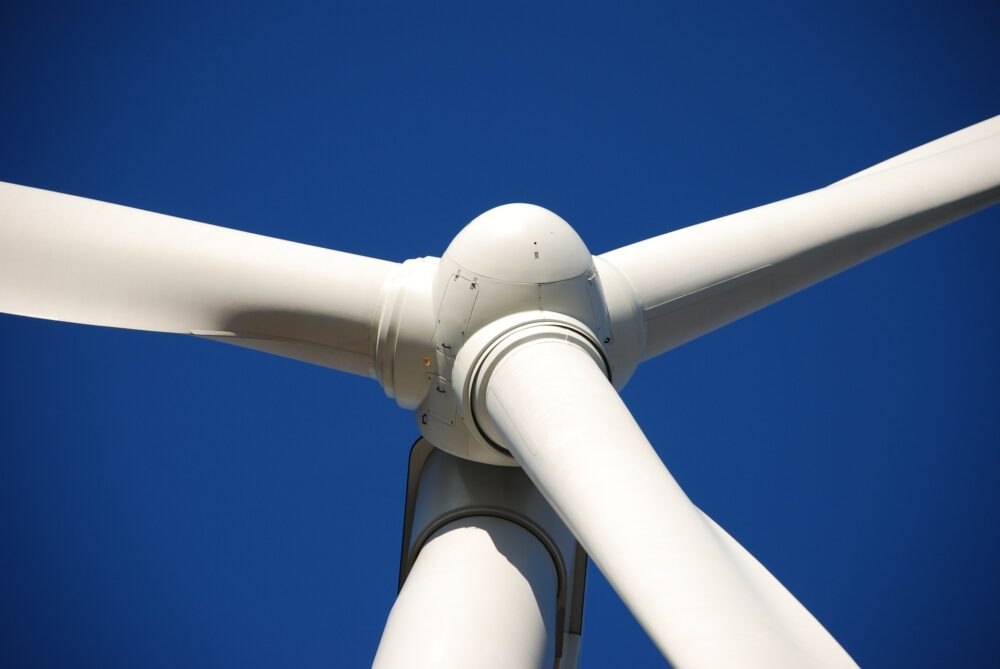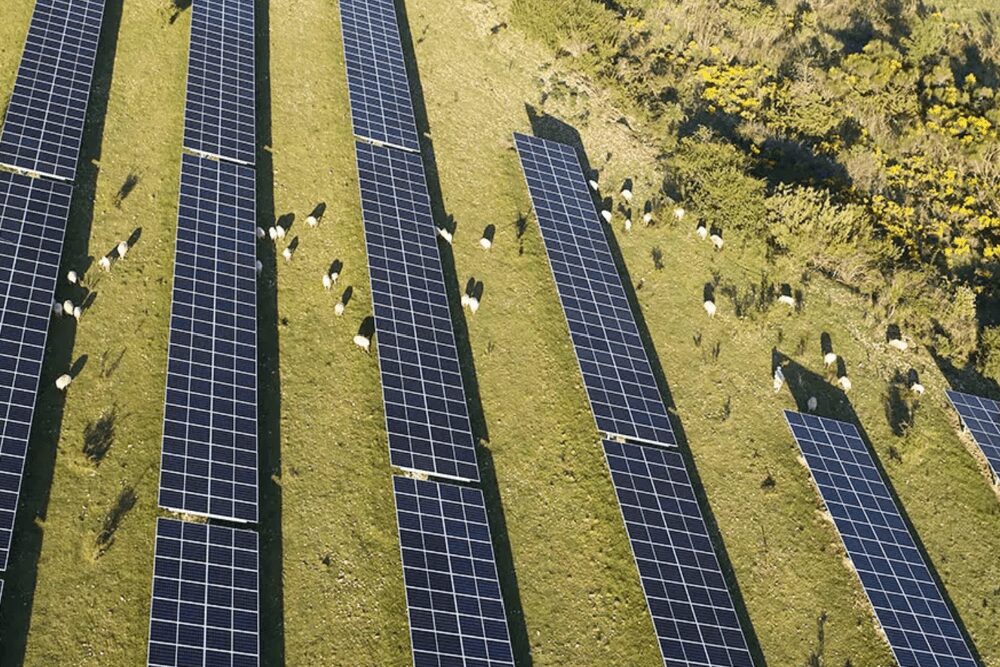
With wind generation one of the fastest-growing renewable energy sectors in the world, Flinders University experts are using machine learning and other signal processing techniques to characterise annoying noise features from wind farms.
Two new publications from the ongoing Wind Farm Noise Study take another step towards improving wind turbine noise assessment methods, guidelines and wind turbine design to make wind energy more acceptable to surrounding communities.
The new studies find that night-time ‘swoosh’ sound – technical referred to as ‘amplitude modulation’ (AM) – from wind turbines is likely to be heard by neighbouring residents up to five times more often than during day-light hours, depending on wind direction, season and wind farm distance.
For the first time, the research led by Flinders University PhD candidate Duc Phuc (‘Phuc’) Nguyen and acoustic expert Dr Kristy Hansen has combined long-term monitoring of wind farm noise with machine learning and available knowledge to quantify and characterise AM in wind turbine noise.
“We found that the amount of amplitude modulation present during the daytime versus night-time varies substantially occurring two to five times more often during the night-time compared to the daytime,” shared Mr Nguyen.
“The noise seems to worsen after sunset when amplitude modulation can be detected for up to 60 per cent of the night-time at distances around 1 kilometre from a wind farm.”
“At greater than 3 kilometres, amplitude modulation also occurs for up to 30 per cent of the night-time,” he said.
The Wind Farm Noise Study, based at the Adelaide Institute for Sleep Health at Flinders University, is investigating noise characteristics and sleep disturbances at residences located near wind farms. The association between wind turbine noise and adverse effects on humans is an ongoing debate.
Dr Hansen said the directional nature of wind turbine noise means residents living in downwind and crosswind conditions are likely to be more disturbed by wind turbines.
“We found that AM occurs most often during these wind directions,” she noted. “Using these recent advances in machine learning, we have been able to develop an AM detection method that has a predictive power close to the practical limit set by a human listener.”
“This includes the noise that increases and decreases as the blades rotate, or AM, including a ‘swoosh’ sound, which further contributes to the negative effects of wind turbine noise.”
“These studies advance our ability to measure and monitor the noise from wind turbines that is likely to be more annoying than other noise types at the same level,” Dr Hansen adds.
One paper, Long-term quantification and characterisation of wind farm noise amplitude modulation (2021), by Phuc D Nguyen, Kristy L Hansen, Peter Catcheside, Colin H Hansen and Branko Zajamsek has been published in Measurement DOI: 10.1016/j.measurement.2021.109678
And Benchmark characterisation and automated detection of wind farm noise amplitude modulation (2021) by PD Nguyen, KL Hansen, B Lechat, P Catcheside, B Zajamsek and CH Hansen, has been published in Applied Acoustics (Elsevier) DOI: 10.1016/j.apacoust.2021.108286
The studies were funded by the Australian Government NHMRC (project grant 1113571) and Australian Research Council grants DP120102185 and DE180100022.











